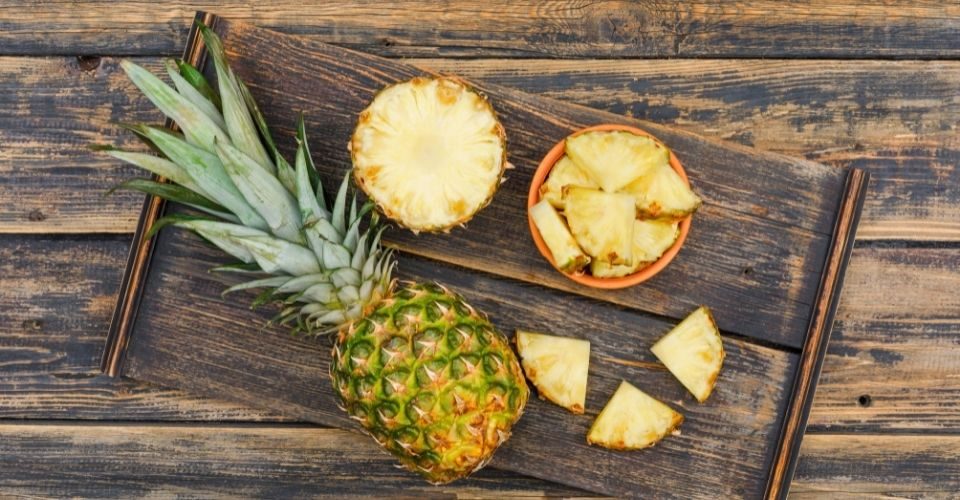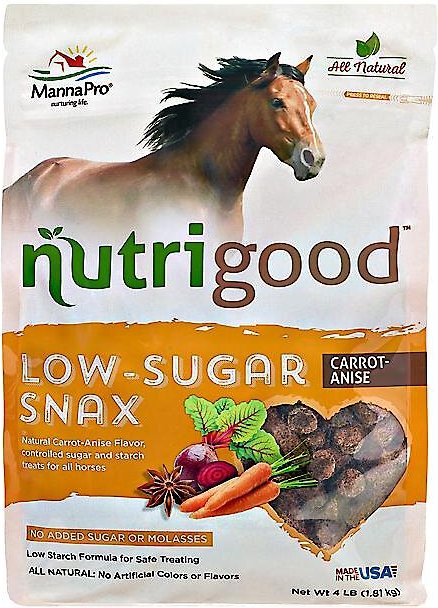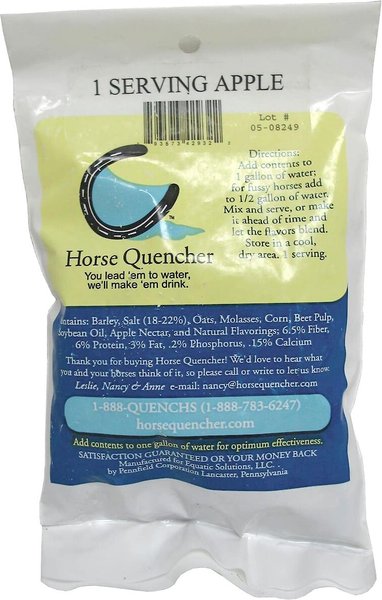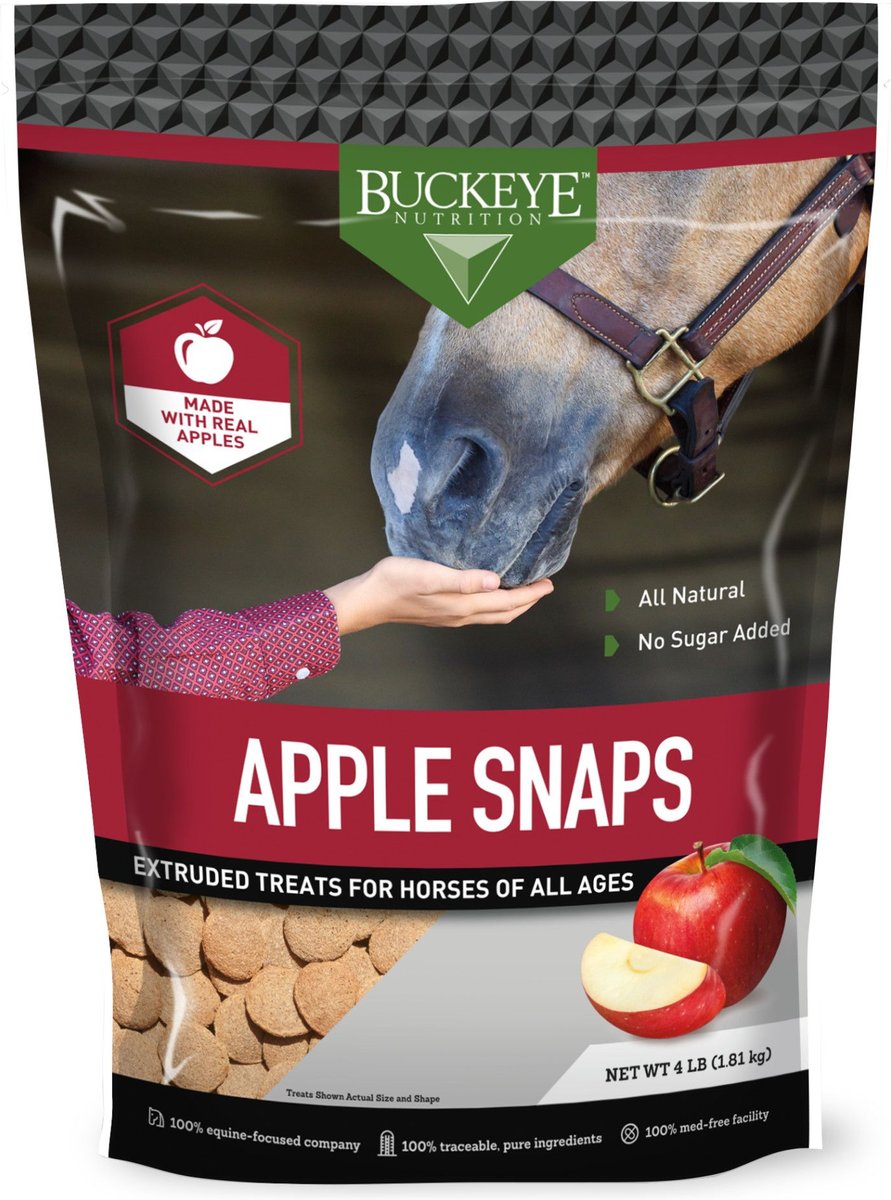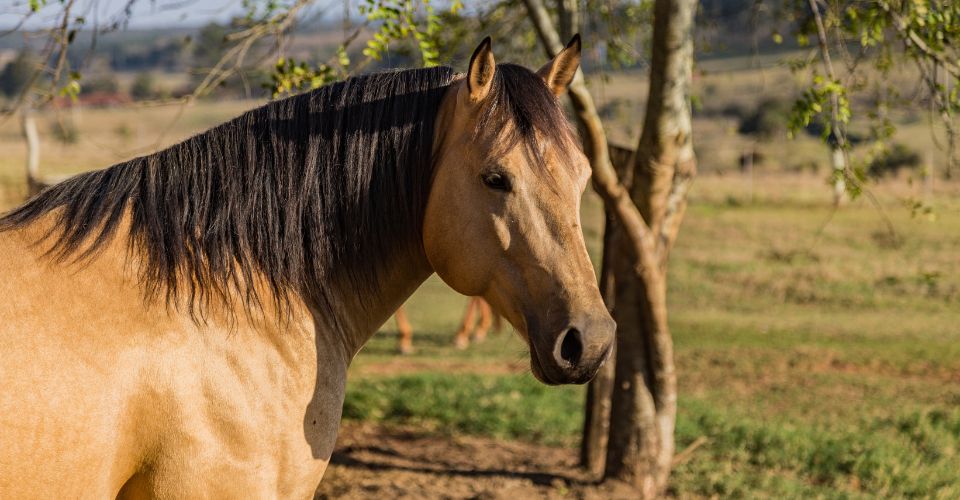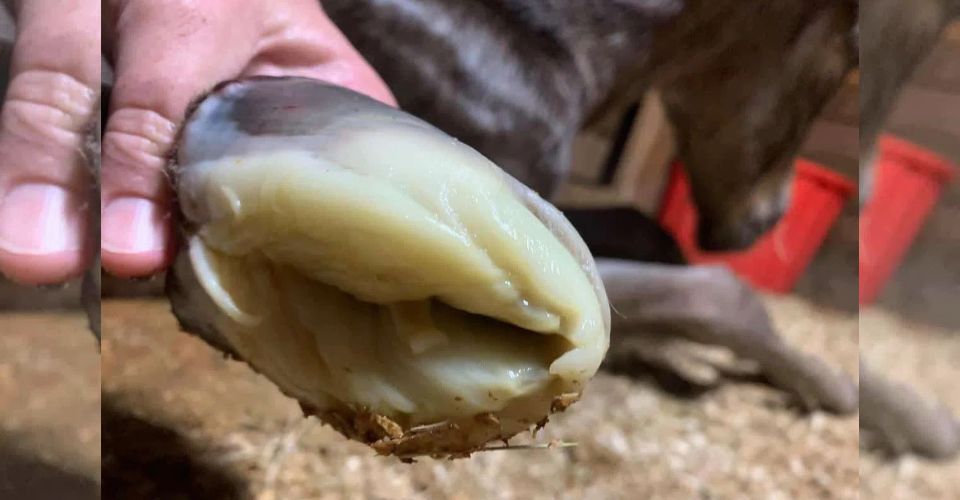A tropical delicacy, pineapple is a delicious fruit popular for its sweet, tangy flavor and refreshing juice. A popular choice for salads and desserts, it is eaten fresh, preserved in jams, and even cooked. As their use peaks in the summer, many wonder if it is okay to share it with their four-legged friends. Questions like, can horses eat pineapples pop up everywhere.
Considering that they do have a digestive system very different from ours, and their dietary needs and sensitivities are unlike ours, it is prudent to ask before you feed them anything of your personal preference.
Can Horses Eat Pineapples?
Yes, horses can safely eat pineapple. Highly nutritious and healthy, sharing a small portion once in a while with your beloved equine does no harm. They might even enjoy the sweet, aromatic flavor and juicy fruit’s flesh, and you may use it to encourage the picky eaters to try their food. The fiber-laden crown is sometimes fed to horses in some countries, though the implications are not very well known.
This delectable tropical fruit is packed with several nutrients required for a healthy body. Appreciated for its low-calorie content, it consists mostly of water and carbohydrates in fresh weight. Besides supplying the dietary fiber, it offers vitamins B, C, trace amounts of vitamin A, essential minerals (potassium, calcium, magnesium, and phosphorus in relatively larger quantities, and trace amounts of manganese, iron, copper, and zinc), organic acids, and bromelain.
How Should You Feed Horses Pineapple?
When we say horses can eat pineapple, we are strictly speaking about the freshly cut fruit. Canned pineapple with syrup has unusually high sugar levels, unfit for the horse’s consumption. Although equines can digest sugars, feeding too much sugar can also be detrimental to their health.
Care should also be taken to keep the pineapple treats small and occasional. The high sugar content of the fruit is unhealthy to consume in larger quantities. Bromelain, associated with improved digestion, besides its antioxidant and anti-cancer capabilities, cause tenderness of mouth among humans, thanks to its meat tenderizing abilities. And also has the potential to interact with certain medications, again, if consumed in a large amount.

What Are Some of The Other Fruits Horses Can Eat?
Apples and carrots are probably the best-known horse treats, besides their regular straw and hay diet. But there are a bunch of fruits that they can enjoy when fed in small proportions occasionally.
- Bananas
- Apples
- Mangoes
- Raisins
- Apricots
- Grapes
- Berries
- Watermelon Rinds
Nutra-Chemical Profile of Pineapple
Originating in Brazil and Paraguay, pineapple is so much more than a flavorful fruit. Mainly consisting of water (85 – 85% fresh weight) and carbohydrates (13.1 – 13.5% fresh weight), it is a rich source of several nutrients, including dietary fiber, sugars, minerals, organic acids, and vitamins. Each of these plays a significant role in the health and well-being of humans.
The health benefits listed below center largely around humans, unless explicitly mentioned otherwise. Except for some information about their benefits to horse health, most benefits relate to humans, with an assumption that these benefits would extend to horses as well.
Organic Acids
These are the components that lend pineapples their characteristic sweet acidic flavor. The main non-volatile organic compounds found in the fruit include citric, malic, and quinic acids, with citric acid being the highest in concentration.
Volatile Aroma Compounds
Volatile molecules lend fruits their specific fruity flavors, resulting in the aroma emanating from fresh fruits. With over 280 volatile compounds found in pineapples, only a few are considered to contribute to the inviting smell of freshly picked fruit.
Bromelain
A proteolytic enzyme, bromelain, assists in the digestion process by breaking down the protein component. It also has beneficial anti-clotting, anti-inflammatory, and anti-cancer properties. However, it is an excellent meat tenderizer; consuming too much pineapple can result in tenderness or an unpleasant sensation in the mouth.
Another set of problems with consuming or handling more bromelain could include developing skin rashes, loss of fingerprints, diarrhea, vomiting, and excessive menstrual bleeding. Excessive consumption may even interfere with medication like blood thinners, antibiotics, anticonvulsants, anticoagulants, and insomnia drugs.
Total Soluble Sugar
The sugar content in pineapples accounts for both the taste profile of the fruit and the dietary energy it offers. Although the total soluble sugars vary in each variety of the fruit, they comprise sucrose, glucose, and fructose in descending order of concentrations. Sucrose is the main component, and glucose and fructose with more or less similar concentrations.
Horses can readily digest sugars in their small intestine to draw energy. However, their digestive system is designed to predominantly rely on roughage. The carbohydrate-rich grains are strictly regulated in their diet to ensure the easily digestible sugars do not exceed the desired limit, or they may risk getting obese. These considerations should be kept in mind when feeding them such treats.
Vitamin C
Pineapples are a rich source of vitamin C, referred to as the total ascorbic acid content. It is another nutrient that varies across fruit varieties and specimens (of the same variety). An essential nutrient, it is an efficient and least toxic of antioxidants, an immunity booster, and a precursor to collagen production. The latter is the vital structural protein necessary to maintain healthy blood vessels, bones, skin, and other organs.
It is one of the nutrients, besides vitamin E and 𝛽-carotene that are offered as supplements to counter oxidative stress in horses. It helps control the typical signs of oxidative stress like tissue damage and inflammation.
Vitamin A
Pineapples have a small amount of vitamin A available in nature in the form of preformed retinol or provitamin A carotenoids – mostly as 𝛽-carotene. It is an important nutrient necessary for growth, reproduction, good eyesight, healthy skin & mucous membrane, immune response, and several other functions.
Consuming a small portion of pineapples can help horses get the necessary fuel for growth and immunity, as well as a means to counteract oxidative stress.
Vitamin B
This fruit is an excellent source of vitamin B-complex, containing such components as thiamin, riboflavin, niacin, and pyridoxine. The B-complex vitamins assist the body in carbohydrate, protein, and fat metabolism.
Thiamin (vitamin B) is believed to help monitor the nervous system, riboflavin (vitamin B2) is necessary for energy production at the cellular level, niacin (vitamin B6) is a prerequisite for several biological reactions, whereas pyridoxine (vitamin B3) facilitates the transformation of amino acids, the building blocks of proteins.
Minerals
Pineapples have a substantial amount of several essential minerals, where potassium, calcium, magnesium, and phosphorus make the major mineral concentration, whereas the rest are found at trace levels.
Potassium (K): A key constituent of the body fluids, potassium regulates blood pressure and heart rate.
Calcium (C): It is an important mineral when it comes to maintaining healthy bones and is a crucial component of the skeleton, bones, and teeth. Besides an essential structural component, calcium also regulates enzymatic functions, blood clotting, cell signaling, and neuromuscular functions.
Magnesium (Mg): It is important for several enzymatic reactions, as well as key functions such as neurotransmission and immunity.
Phosphorus (P): Phosphorus accounts for 14 – 17% of the mineral constituent of the equine skeletal structure, besides a considerable contribution to muscles. It is also a component of the readily available energy resource, the adenosine triphosphate (ATP). Maintaining higher calcium than phosphorus ratio in a horse diet is important for avoiding any developmental issues.
Manganese (Mn): Although found in trace quantities in pineapples, manganese plays an important part in bone strength by contributing to bones metabolism and the enzymes necessary for manufacturing bones and connective tissues. It also protects the body against the harms of free radicals.
Iron (Fe): A component of hemoglobin, the red blood cells, iron helps transport oxygen to the entire body. It is also a constituent of myoglobin, the protein found in the cardiac and skeletal muscles, responsible for supplying oxygen to the muscles.
Copper (Cu): The mineral participates as a cofactor for the red blood cells’ synthesis, is responsible for energy production, is a component of the enzyme (lysyl oxidase) liable for connective tissue strengthening, and is a constituent of the brain neurotransmitter (dopamine hydroxylase).
Zinc (Zn): Zinc helps stabilize cellular structures and cell membranes while also regulating a number of zinc-dependent enzymes, especially the ones required for the degradation and synthesis of nucleic acids, proteins, lipids, and carbohydrates.
Sodium (Na): Since sodium is an element of concern for blood pressure and related issues, it is significant to know that besides low calories, pineapple is also known for its low sodium content. The mineral works in combination with potassium to regulate both the body’s water distribution and blood pressure, also working to maintain the acid balance and the nerve impulse transmission.
Fiber
Pineapple is rich in dietary fibers, consisting of both soluble and insoluble carbohydrates. These are digested in the horse’s hindgut, where the microorganisms break it down, and the nutrients are readily absorbed in the walls of the large intestine. Within the prescribed limits, dietary fiber is good for gut health.
A study exploring the efficacy of dietary components to treat digestive issues suggests the use of alternate sources of energy in the place of cereal grains, such as the pineapple crop by-products, to supply the equines with the necessary energy without compromising their gut health.
Amino Acids
Amino acids are the building blocks of proteins. These are essential nutrients for a healthy body, and an adequate supply ensures the body can continue with its growth and regeneration process in a healthy fashion.
Final Words
So, can horses eat pineapples? The answer is, yes, they can consume a small serving of the fresh fruit cut into small pieces. Canned fruit stored with syrup is not recommended for use, nor are the other dessert formulations considering the high sugar content can mess with their weight.
Pineapples are nutritious, low-calorie fruits and can be used as occasional equine treats or to tempt the picky eaters to get on with their eating. Tiny portions of the delicious fruit can offer several nutrients necessary for a healthy, robust horse. Like any new food, treats like pineapples should be introduced slowly, starting with smaller portions and gradually increasing until the desired amount is achieved, gauging the horse’s reaction along the way.
Besides the fruit, pineapple by-products can be healthy alternatives to the traditional grain diet, helping with the required nutrients without putting too much strain on their digestive system.

